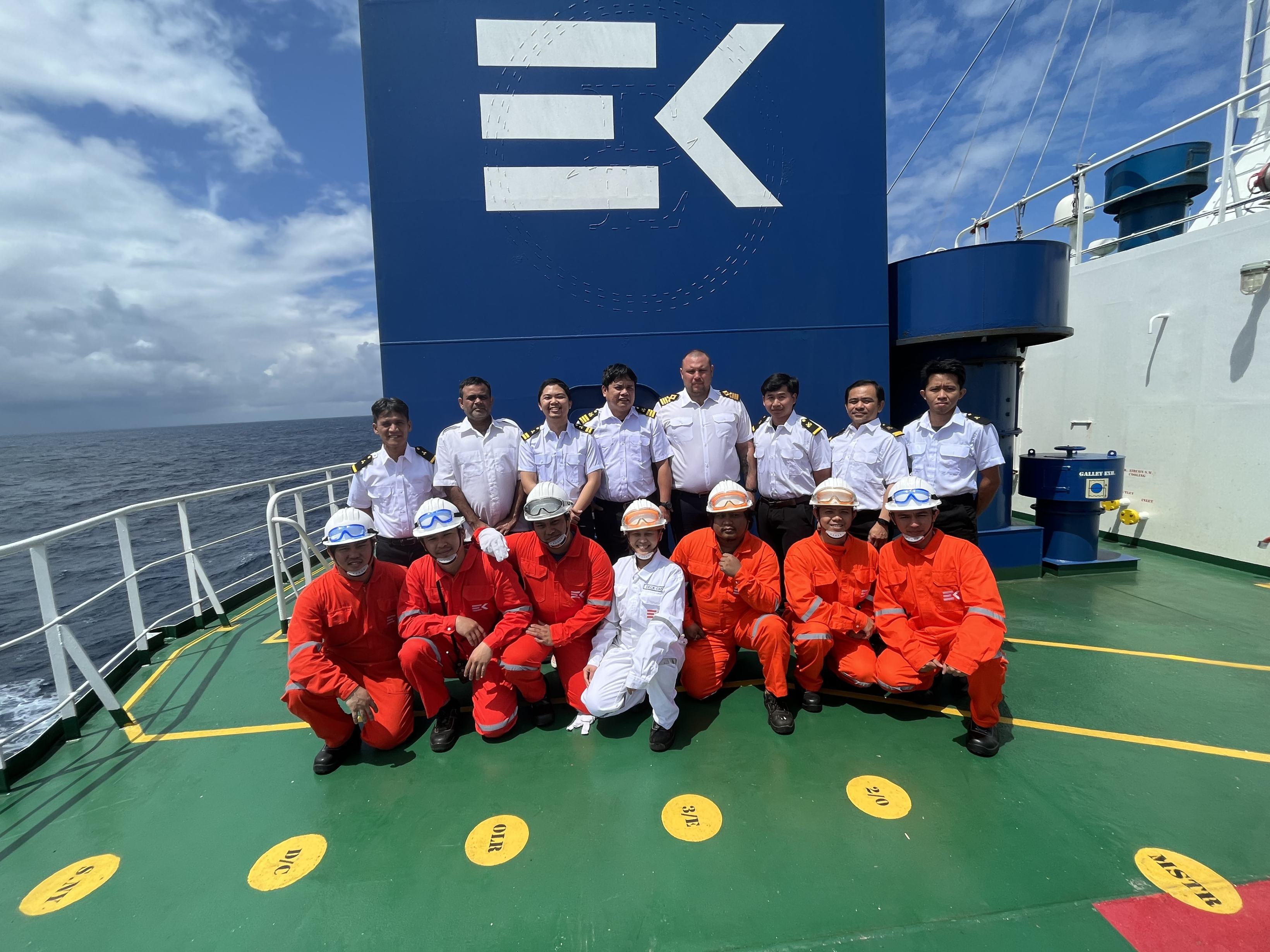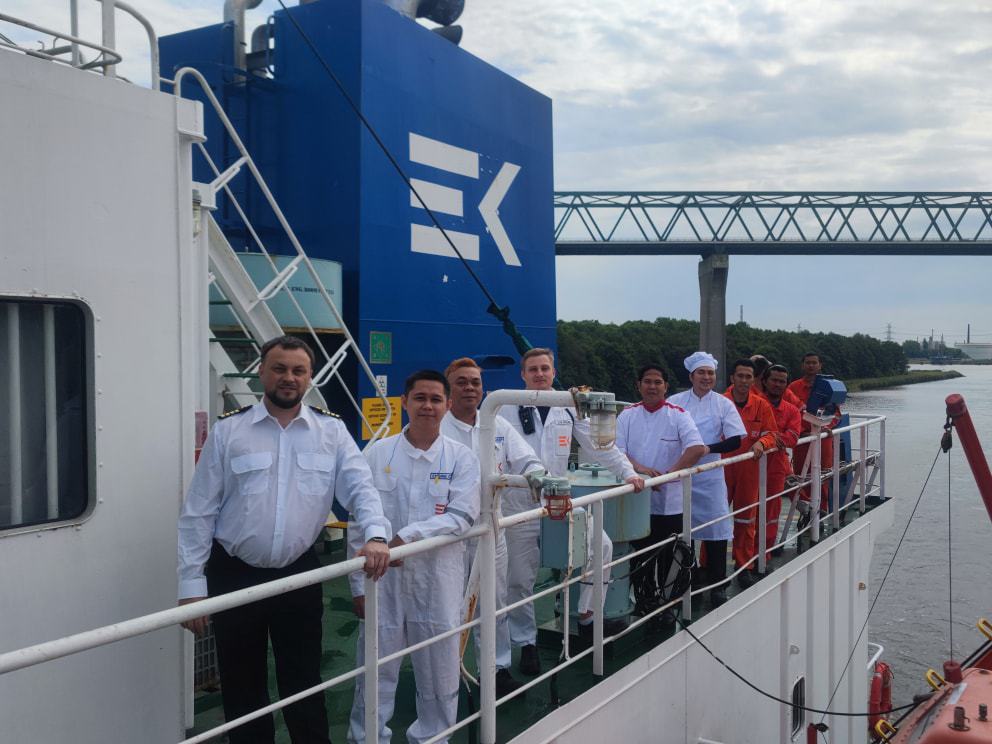
Day of the Seafarer on June 25th
The maritime industry celebrates Day of the Seafarer on June 25th. Led by the International Maritime Organisation (IMO), this year’s theme is “Oceans Worth Protecting”. It looks at seafarers’ contribution to protecting the marine environment, in line with the World Maritime theme “MARPOL at 50 – Our commitment goes on”.
Their profession means that seafarers spent a lot of time at sea, and hence they are a big part of the solution when it comes to protecting the marine environment. As our seafarers sail the oceans delivering LPG, specialty gases and other petrochemicals to world markets, they reinforce international environment-related treaties in their daily work.
MARPOL Annex V: Prevention of Pollution by Garbage from Ships
Garbage from ships can be just as deadly to marine life as oil or chemicals. At BW Epic Kosan, vessels are instructed to strictly adhere to MARPOL Annex V guidelines in the treatment of garbage onboard. As part of our observation of Day of the Seafarer, we asked seafarers to share pictures of the marine environment surrounding them while at sea, and to take videos of them complying with MARPOL guidelines. We thank Captains and crews from Epic Baluan, Epic Boracay, Epic St. Croix and Epic St. Thomas for their warm support of this initiative. Watch our video below.
Every little bit counts
Seafarers are BW Epic Kosan’s frontline ambassadors. Their actions reflect our corporate priorities and showcase what we are doing to protect the environment and reduce our impact from operations. Some examples of our initiatives include the following:
- Reduce liquid waste and volume of garbage: Vessels are fitted with heating coils in the waste oil settling tank. This facilitates the evaporation of water content from liquid sludge waste, reducing the sludge content stored onboard. Garbage compactors are also being installed to reduce volume.
- Reduce single-use plastics: In many of our vessels, reverse osmosis (RO) plants and RO-based filtration units are installed to provide potable water for crew, to reduce the need for bottled water.
- Garbage disposal and recycling procedure: Each vessel has a Garbage Management Plan onboard and seafarers are trained to ensure its effective implementation. The plan includes guidelines on waste segregation, use of recycling equipment and final disposal. The Plan complies with international regulations and best practices in waste management.
- Phased introduction of LED lighting: During drydockings, fluorescent lamp tubes are replaced with more energy-efficient LED lighting.
- Change refrigerants used: We use hydrofluoroolefin (HFO) refrigerants which has lower global warming potential (GWP) in our reliquefaction plants.
Other practical efforts include encouraging vessels to return dunnage and packaging materials to suppliers when receiving victuals; and fitting vessels with Denba systems (technology that suppresses bacteria) to increase the shelf life of fresh provisions and thus reducing wastage.

